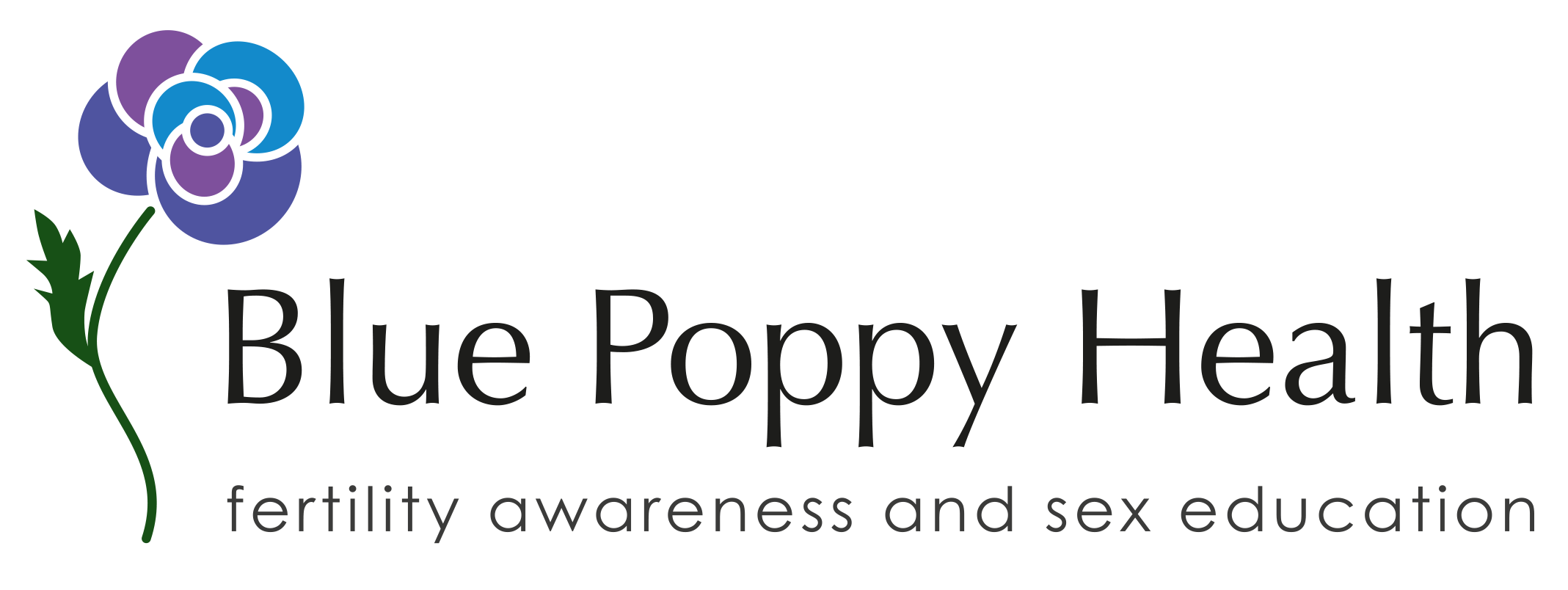Polycystic Ovarian Syndrome (PCOS) Awareness Month is September. This affects about 5% of women yet many don’t know they have it, and those who do know often are misguided about what it means. I’m here to debunk some of the myths and help get the truth out there.
What Is PCOS?
When Infertility Isn’t

One of the amazing things about practicing the fertility awareness method is it can help identify and even fix some common causes of infertility.
The fact is that, sadly, many people who think they are infertile actually aren’t, and think they are in an unchangeable situation when they can actually do a lot to improve their chances of pregnancy. Here are some common situations where this can happen.
What I Really Think About The Pill

The pill was an amazing invention that changed society, took away the burden of biology from women, and furthered the feminist cause. Our society probably wouldn’t be where it is today if it weren’t for the pill, and I am grateful for that.
But it’s not all rainbows and unicorns. There are some undeniable negative aspects of the pill and the industry surrounding it. So, what do I really think of the pill? How do I balance the good with the bad?
Your Eggs Aren’t As Old As You Think

Our culture is constantly telling women they need to have babies before 30, and that after 35 it’s all downhill. Well I’m here to tell you that’s not the case!
One thing people don’t realize is that how fertile you are can change, improve, or decline at any age. It’s entirely possible that your fertility at 35 might be better than what it was at 25!


